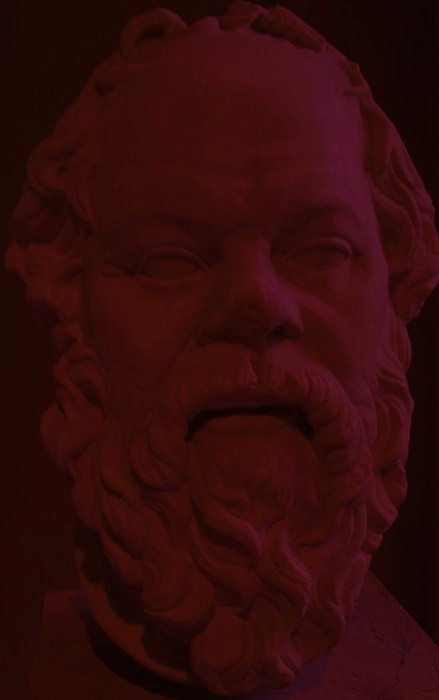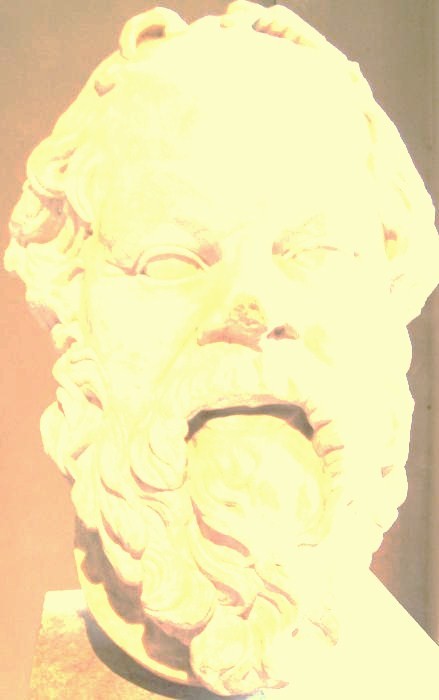
 I’ve talked for a while about why the theory of Direct Reference may be false. (For the purpose of this discussion, call ‘Direct Reference’ the theory that part or all of the meaning of a proper name requires the existence of a named object). The primary reason for believing that it is false is the fact that fictional names are meaningful. I have discussed this a few time, but particularly here. The information that a proper name communicates to us is exhausted by what it would communicate us even if it had no ‘referent’ at all. The mere fact of the existence of a referent adds no further information to what the name already tells us, as is shown by meaningful texts like the New Testament, where we cannot be completely sure whether any of the proper names have a referent at all.
I’ve talked for a while about why the theory of Direct Reference may be false. (For the purpose of this discussion, call ‘Direct Reference’ the theory that part or all of the meaning of a proper name requires the existence of a named object). The primary reason for believing that it is false is the fact that fictional names are meaningful. I have discussed this a few time, but particularly here. The information that a proper name communicates to us is exhausted by what it would communicate us even if it had no ‘referent’ at all. The mere fact of the existence of a referent adds no further information to what the name already tells us, as is shown by meaningful texts like the New Testament, where we cannot be completely sure whether any of the proper names have a referent at all.Even though the primary reasons for believing the theory is false are manifest and obvious, we must talk about the reasons that people have thought that theories of direct reference are true, for these are prima facie objections to any theory that is opposed to direct reference.
Argument One. A term signifies either a property or an object*. But properties are repeatable. A property like being white, or running, or being bald can be instantiated by many individuals. Even a property that can only be had by one individual at a time (being the tallest living philosopher) can be instantiated by different individuals at successive times, or could be instantiated by a different individual than the one that possesses it now. If a proper name like 'Socrates' signified a property, even a unique property, it would make sense to say that this individual is Socrates on Tuesday, but that someone else is Socrates on Wednesday. Or that this invidual is Socrates today, but might not have been Socrates. But that makes no sense. A proper name does not signify something that is repeatable, therefore does not signify a property. Therefore it signifies an object. Therefore an object is part or all of the meaning of a proper name, and the theory of Direct Reference, as defined above, is true.
* François Recanati defines singularism as the doctrine that ‘our thought is about individual objects as much as it is about properties’ (‘Singular Thought: in Defence of Acquaintance’ in Jeshion (ed.) New Essays on Singular Thought Oxford University Press 2010, 141-90, p. 142).
No comments:
Post a Comment